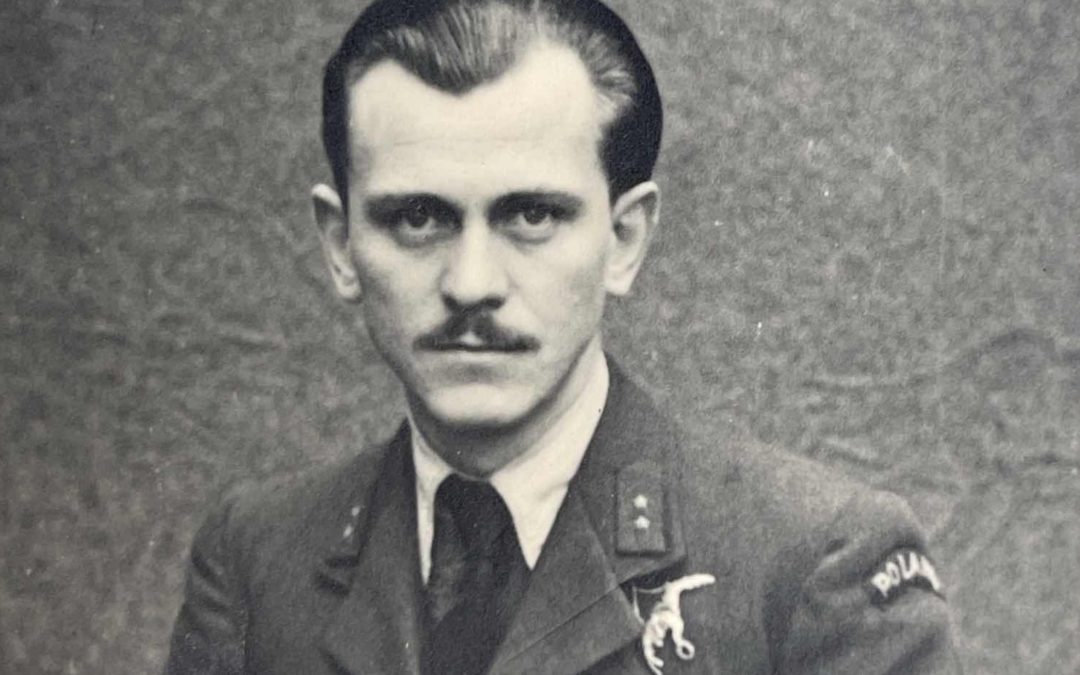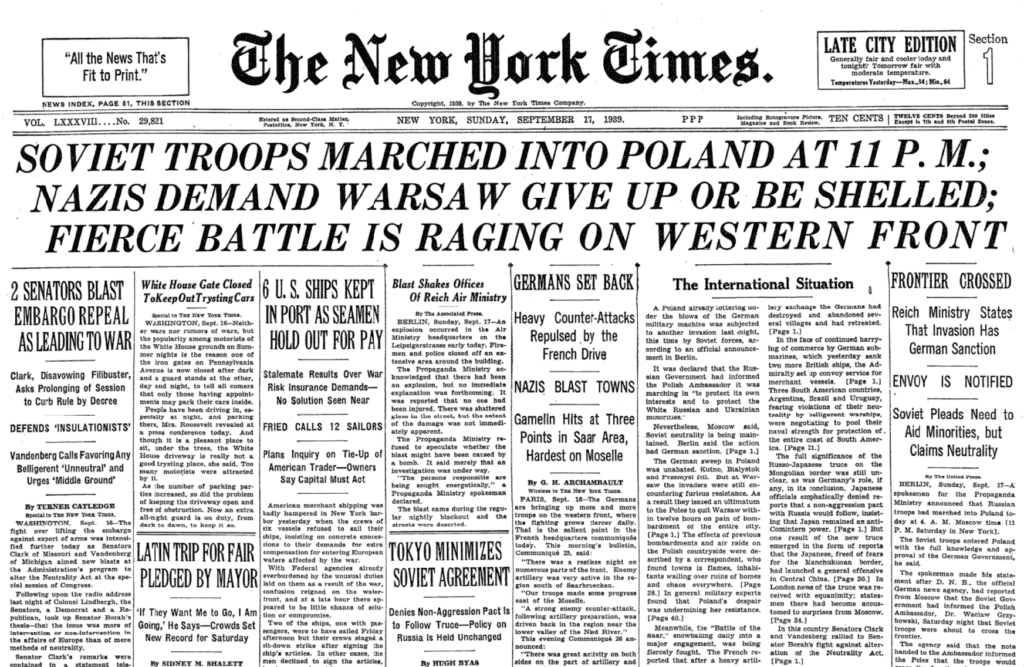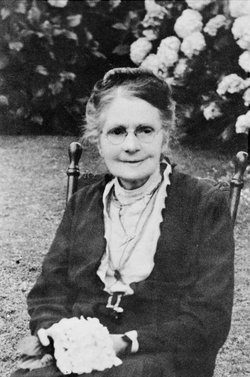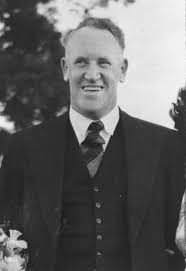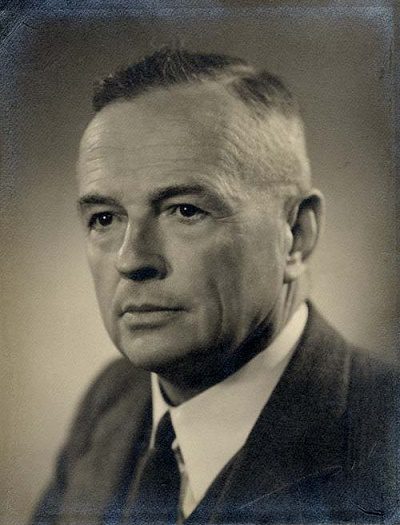History in black and white can feel cinematic and unreal. Remembering the Second World War only through that lens risks that we will repeat it, that it might sneak up on us unexpectedly, just as it did then. The solution is to take the time to study and understand the true tragedy of it. We must listen to the voices of the real people who appear in those images, to get to know them and to feel the reality of war’s hardships.
Purewa plays an important role in making that happen. While some public memorials remain subject to changes in political winds, the names and stories of those remembered here remain as impartial witnesses. Today we remember one such witness. His life shows how quickly a quiet and ordinary place can become apocalyptic. He was just a young man when the Second World War started, and he was indeed an eyewitness to its very beginning. Remarkably, Bukowski fought both Nazi and Soviet forces in Poland and Ukraine.
A POLISH HERO
Our story is of Captain Witold Bukowski, whose memorial you can visit in Purewa’s R block. Poland’s Honorary Consul, Boguslaw Nowak, wrote of him with admiration: “Witold was in my opinion a war hero. Real heroes are humble and modest. He was just such a person.”
That he was a hero is indisputable. Bukowksi received the Cross of Valour Born in 1915 in Kowalewo, a village in northern Poland, young Bukowski dreamed of becoming a pilot, something unimaginable just a few years before. Against the odds, he made his dream come true, earning admission into the elite Polish Air Force Academy. He graduated at the top of the class. In 1939, Germany invaded his homeland. Although the attack caught the West off-guard and stumbling for a response, Bukowksi was not afflicted with such confusion or hesitation. Flying reconnaissance missions close to the German border, he was among the first to report the invasion, providing an essential warning to Polish military authorities.
REFUGEE WARRIOR
His base was bombed shortly thereafter, but his reports allowed for the evacuation of civilians and key military personnel. They would regroup to wage years of counter strikes against the invader. Witold was among them, first defending Poland against not only German but Soviet troops in Kuty. (Now part of Ukraine.) He fought there alongside free Poland’s president, Ignacy Mościcki, who like Bukowski would go on from there to exile.
Witold’s son, Auckland architect and Purewa board member John Bukowski, recalls his father’s path as a refugee warrior, writing that Witold crossed the border at Kuty, then travelled on foot and train to Bucharest and on to the port of Constantinople. John remembers his father saying that to converse with priests who assisted the Poles along the way, Witold spoke in Latin, as Nazi spies were everywhere. Finally reaching France, the Polish pilots regrouped for a short time before it too fell to the German onslaught. They finished their sojourn in England as part of the Royal Air Force, based in Blackpool. From 1940, Bukowski’s 301 bomber air squadron earned a legendary status. As a captain with the 301, he led missions targeting key German strongholds on some of the most dangerous missions of the war—striking Rostock, Hamburg, Essen and Bremen flying Wellington Bombers.
John Bukowski recalls, “Dad’s log book records all his flights and his operations experience shows bomber commands…and tracking and bombing the German boats ‘Scharnhorst’ and ‘Gneusenau’ in the English Channel.” Captain Bukowski thus played a leading role in disabling Germany’s two flagship battleships, seriously crippling Nazi strategy at sea. Son John sees his father as a role model: Self disciplined, principled integrity and demonstrating commitment of purpose. “These have been my mantra for life…one should never underestimate the role model effects of parents on their offspring.” Witold Bukowski passed away 6 August 1997. His wife Eileen died in 2003. Both are buried at Purewa Cemetery.
POLAND IS AT THE CENTRE OF THE UKRAINE CONFLICT – WITOLD BUKOWSKI FOUGHT NOT JUST GERMANY BUT THE SOVIET UNION
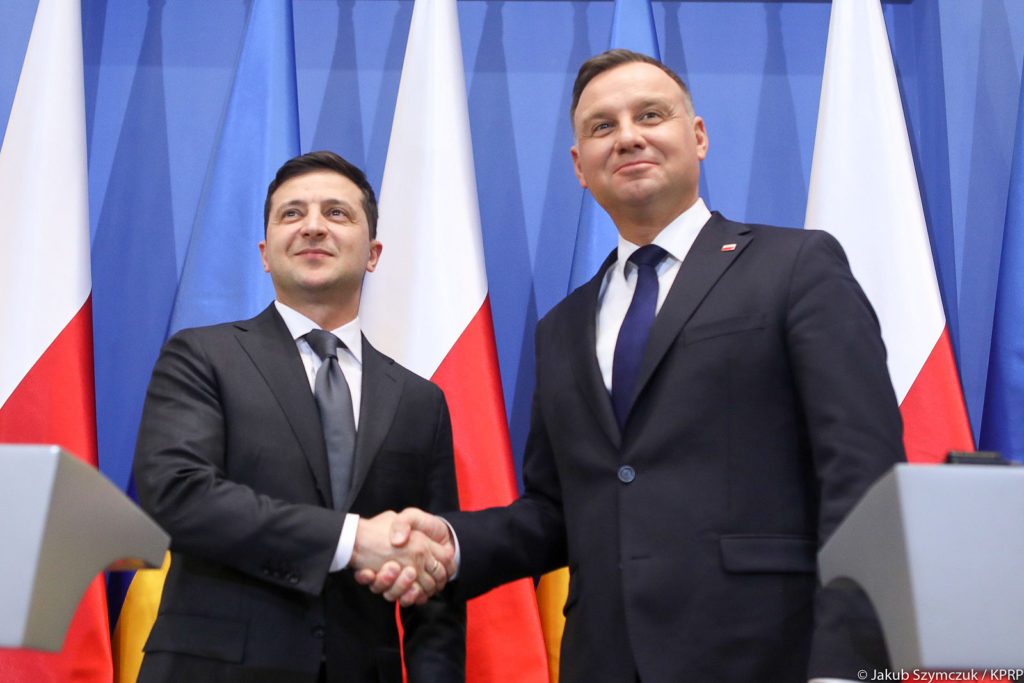
Ukrainian President Zelensky with Polish President Duda
In the Second World War it was Poland that made the world realize what it was up against. Now it is Putin in Ukraine, then it was Hitler in Poland. Both episodes seemed to surprise the West although everything leading up the invasions predicted it. For more than a decade, Poland warned that Russia was untrustworthy and dangerous. Europe and America ignored those warnings for the most part. They believed that the magic of free trade would win over the Russian leadership. A spokesman for Polish President Andrzej Duda appraised the situation, “It is very sad that the war and Russian aggression was necessary for Europe and the world to admit that Poland was right.”
AS THEN, NOW
But for Poland and all of Central Europe, Russian invasions have been a matter of course going back hundreds of years. Poland was annexed by Russia in the late 1700s, only regaining its freedom after the First World War. As Hitler came to power, the Soviets at first worked with the Nazis to get a foothold in Poland—something that few remember today.
At the end of the war, the Soviet Union invaded again and imposed a Communist government. Today, Poland is independent and part of the NATO alliance. President Putin’s tactical aim in Ukraine is to prevent NATO from spreading any farther East—which means the Ukraine. Poland is thus central to the story of Ukraine’s invasion. Witold Bukowski fought Soviet troops and took to the air to combat Nazi aggression, then as now it is Poland that warns the world of millenarian despotism. Then it was Hitler and Stalin, now it is Putin and any number of like-minded fanatics. In Poland then, as in Ukraine now, resistance proved fierce and indefatigable.
Witold Bukowski
Died 1997
Block R Row 13 Plot 002
Credits: Witold Bukowski photographs, courtesy John Bukowski
Zelensky and Duda, © Jakub Szymczuk / KPRP https://www.president.pl

